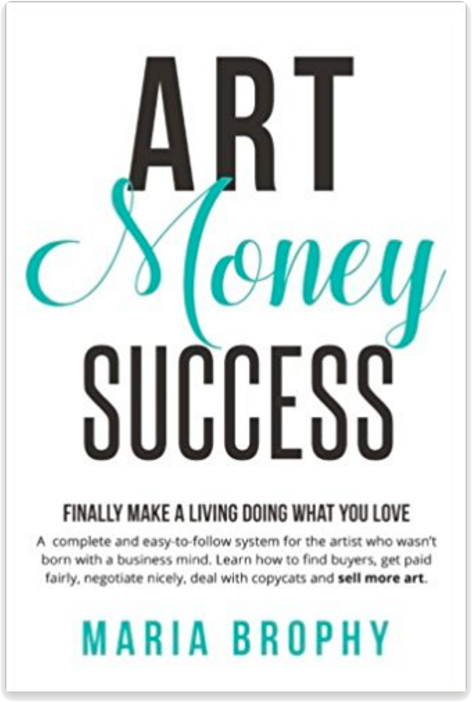Have you ever turned down a great opportunity because you were scared that you’d be taken advantage of? Or you were afraid that you would agree to something that you later would regret?
There’s a fun term that I read in WATERSHIP DOWN many years ago called “state of tharn” and it is used to reference that irrational “deer in the headlights” mentality that rabbits tend to go into when they are scared. When faced with a terrifying, life threatening (or perceived threat), the furry rabbits just stand there, frozen in time. They don’t move, even if it means they’ll be killed. The actual meaning of “tharn” is: stupefied, distraught, hypnotized with fear.
Humans go into a state of tharn also. But usually it’s more of a philosophical state of mind than a physical one. Such as when you fall into the trap of watching a really great deal pass you by like a slow moving train, all because you never returned the phone call to the person making you the offer. And the reason you didn’t call him back; because you were in a state of tharn. You didn’t know what to charge and you weren’t sure how to put the deal together.
You weren’t sure what you should do, so you did nothing. And so nothing happened. To you. Or for you.
Every great deal that’s ever gone down in history didn’t have a template to follow. It’s really just a matter of two parties of people getting together and working out an agreement that benefits everyone concerned. In all of the hundreds of deals I’ve made over the years, each one was different. Sure, many had similar features, but just like snowflakes, no two deals are ever alike.
When you are offered a great opportunity, but you aren’t sure what to charge, what to ask for, and what’s right and fair to agree to, consider these factors:
- Relax: Don’t wig out over the details like a teenage girl in love. Take your time and figure it out. Feel excitement and gratitude for what this new opportunity is bringing to you, and create a way to make it work.
- Determine exactly what your client is asking for: Sometimes people can be vague. You need specifics. How many, what color, deadline date, what do they expect from you, what are they offering to you in return, etc. Get information from them via e-mail so you can refer back to their written requirements when putting together your proposal. (Or take very good notes.)
- Ask a lot of questions: Often we are afraid to ask questions for fear of sounding stupid. It’s actually the opposite. It’s stupid not to ask. Throw out many questions, and then repeat what you thought you heard to confirm that you heard it. “Oh, you’d like for me to send you ten of my original paintings and you’ll show and sell them in three different galleries in France, is that right?” and “Who will be responsible to pay for the shipping both ways?” It’s crucial to know exactly what is expected of you and what they plan to be responsible for.
- Do your Research: Look online for information by others who may have been involved in a similar situation. Also, call and ask people you know if they’ve ever had experience with this sort of thing. Find out what the pros and cons are.
- When determining payment: If you aren’t sure what the going rate is, call others and ask them what they have charged for the same type of work. If you are active on Twitter, you’d be amazed at how helpful Twitterers are when asked a question.
- When Quoting a price: Don’t quote a price or even give a guess until you’ve done all your research, you have all details on the material, travel, attorney and other costs that may be involved. When you do give a price quote, place a time limit on it. I use 30 days from the date of the quote. That way they can’t come back a year later with the same quote when material prices have gone up, or my prices have increased.
- Don’t Let Fear Hold you Back: Often we let opportunities pass us by because we are afraid of the risk involved. Don’t be scared – make your decisions based on your logical research and move forward.
- Put it in Writing: This is important so that all parties involved know what they are agreeing to. It’s helpful to have something in writing to refer to later should there be confusion on what was promised.
- Use an Attorney: If it’s a rather large deal which involves large sums of money or contracts with companies that have their own legal department, you must hire an attorney to look over your agreement. Sorry, but it’s foolish not to.
- Remain Professional: Throughout the process, behave like a professional. Be upfront with your client, let them know where you’re at on this, and have open and frank discussions.
If, after all of your research and negotiations, you find that the deal isn’t worth it because it’s going to cost you more than you’ll get in return or it will ultimately be a time-waster for you, than politely back out of it.
But, if it’s something that you’ll enjoy, gain and grow from, than just go for it. Don’t let fear hold you back. The worst that can happen is not really that bad. Use your head, but don’t be scared to take on an exciting new opportunity.
Break out of that irrational “state of tharn” and jump in with both feet!
The greater the risk you take, the greater the rewards you’ll get.
Maria xxoo
PS: The Business of Art can be a roller coaster ride, but a most thrilling one! If there’s anything I can help you with, please email me or write your question in the comments. I’d love to help. Thanks for reading!















